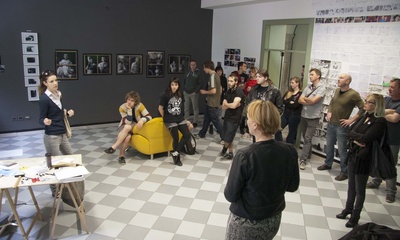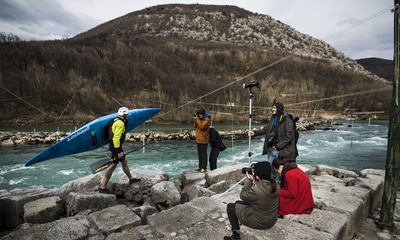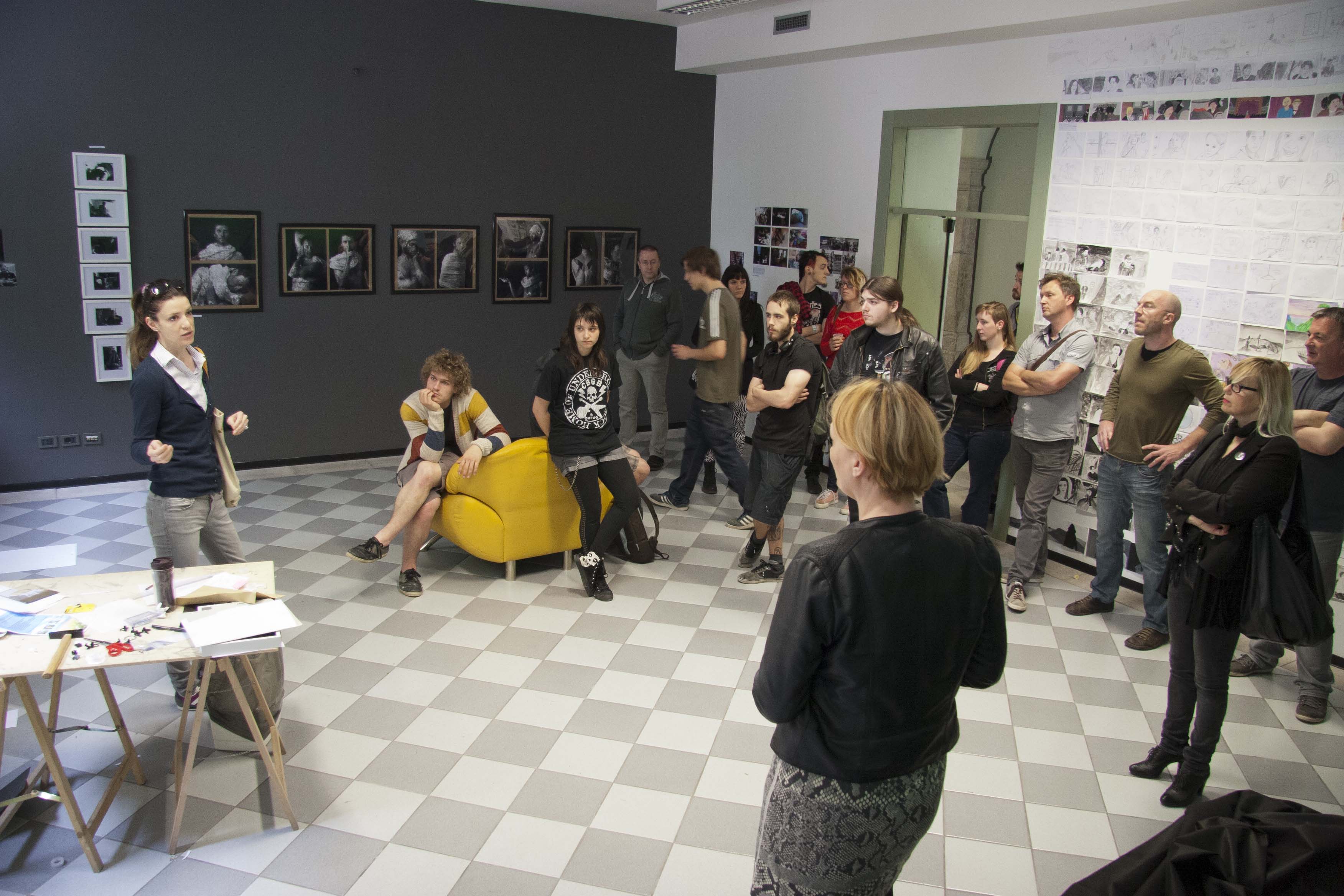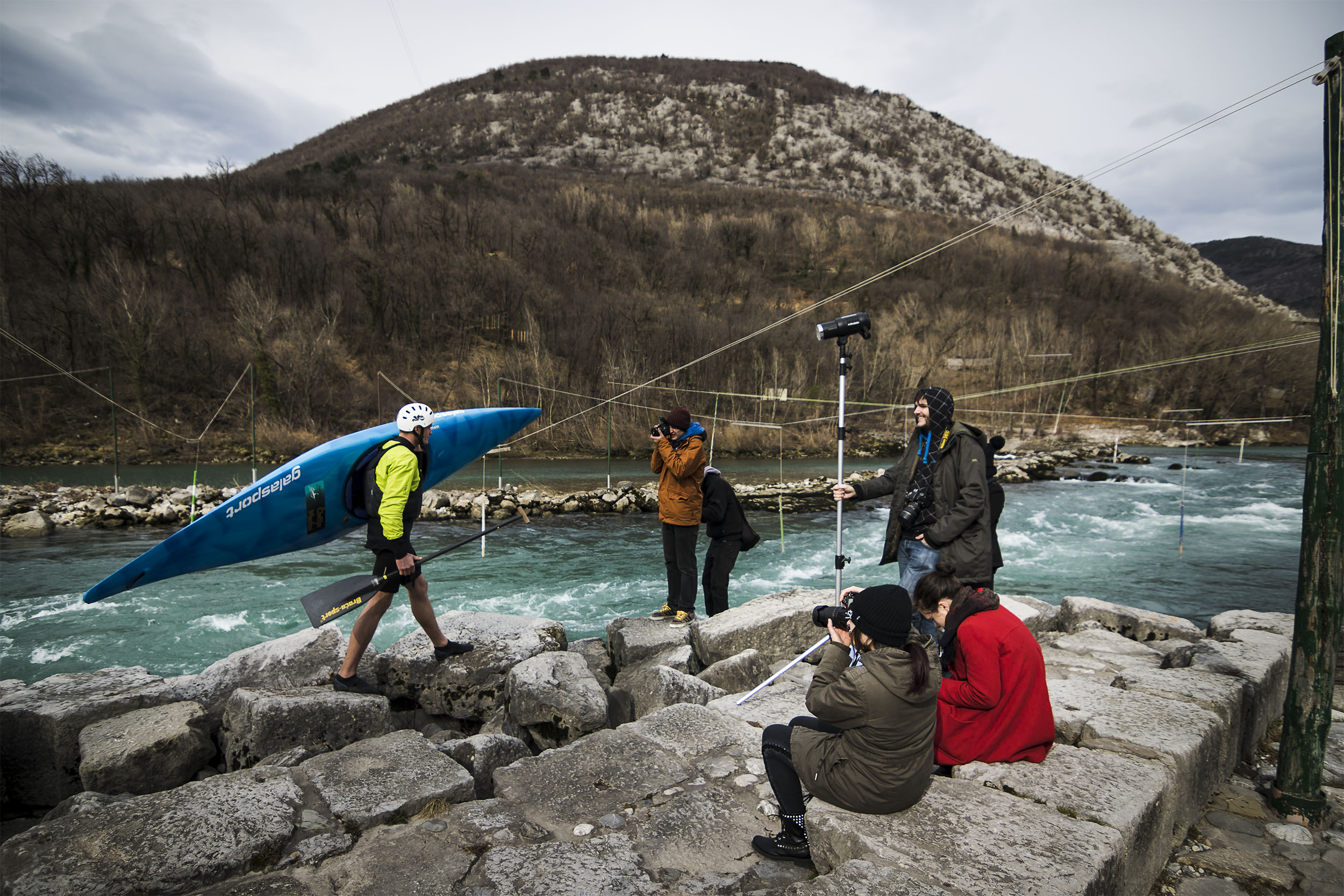The University of Nova Gorica got its own Arts Academy
The School of Arts at the University of Nova Gorica became the Arts Academy, which means that Slovenia got its first university-level Arts Academy after 1945. The Arts Academy was founded as the School of Arts at the University of Nova Gorica in 2008 and it was formed on the basis of the 15 years of experience brought in by the Famul Stuart School of Applied Arts.
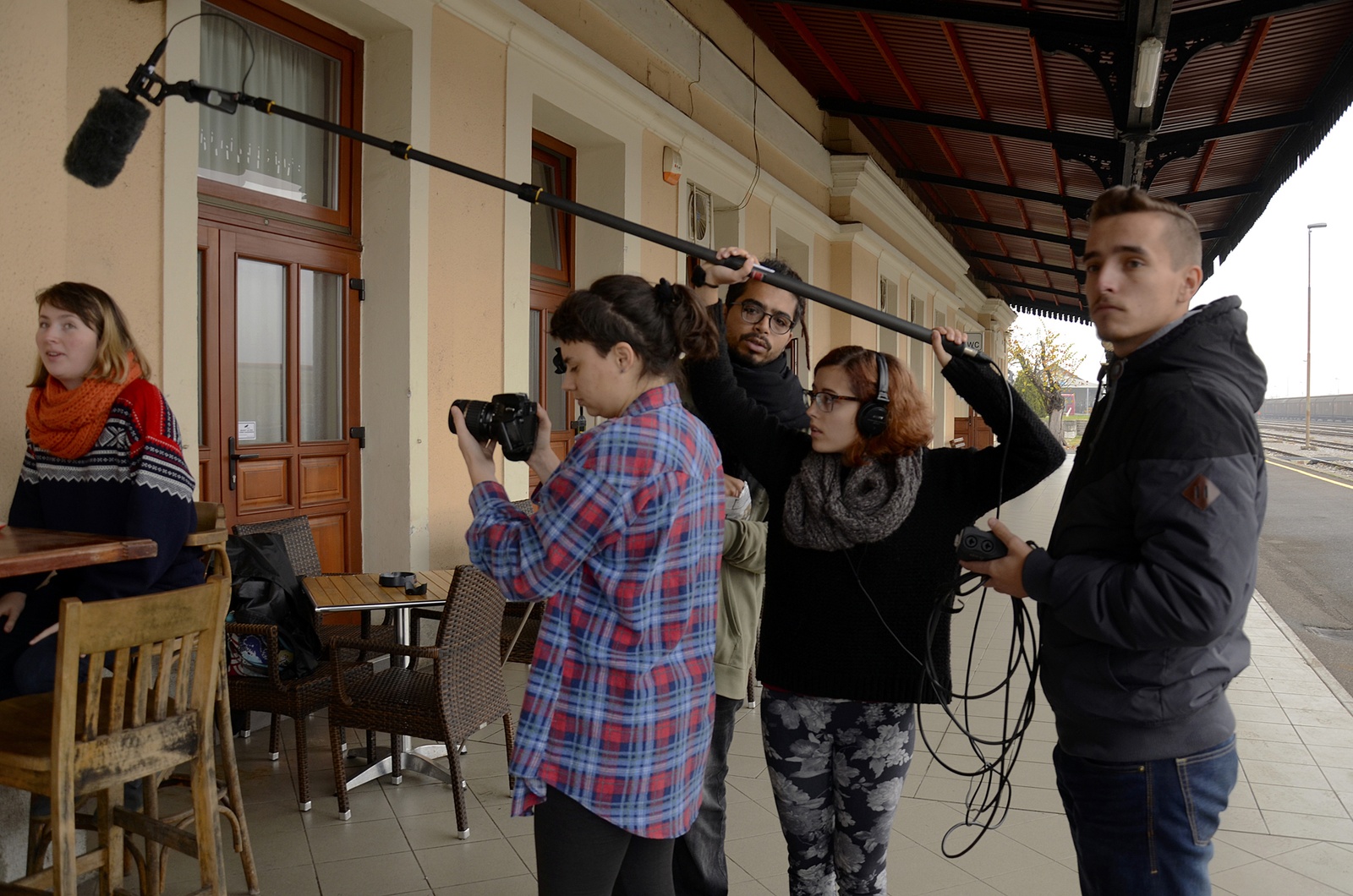
So this is not a newly created school but a school with a 22-year development line supporting it. The main activity of the academy is researching art and its various forms in the contemporary society, investigating the relation between art and other segments of our society, and creating conditions for the meetings of fine arts, film, and intermedia arts and practices, creative industries, and everyday practices that are a part of our life and society we live in. A special characteristic of the Arts Academy at the University of Nova Gorica is an active research of the potentials that are offered by this distinctly interdisciplinary environment created at the University of Nova Gorica.
The Academy is based at the Alvarez palace in the center of Gorizia; it moved there in 2012 as it was invited by Gorizia regional governmental administration. A close relation between Nova Gorica on the Slovene side and Gorizia as its neighbor/ twin city enables the students various ways of cooperating within the region, as well as within broader, international exchange programs.
The Academy has a bachelor’s program called Digital Arts and Practices and there is also its master’s lever parallel – the master’s program Media Arts and Practices. The master’s program was supported by the European Commission through the international project called ADRIART. Based on the vertical principle, the students move through different research environments and core modules of animation, film, photography, new media, contemporary arts practices, and space settings. As the University of Nova Gorica as a whole, also the Academy put a lot of focus on the international connections of students and faculty members. During regular stydent exchanges or shorter projects, the students can visit the partner universities in Gorizia, Lisbon, Oslo, Reka, Budapest, Graz, Manchester, Vilnius, and Turku. The Academy has also hosted both students and their mentors in Gorizia, where they, together with Slovene students, created several projects and films related to local topics. The projects have been shown to the general public as well.
The Arts Academy of the University of Nova Gorica continues a long tradition of researching new forms and methods of education in the area of various arts. This started with Slovenia’s becoming an independent country. Each of the academy’s predecessors has put a lot of attention to the connection with the local environment. Once it moved to Nova Gorica and Gorizia, the School of Arts has become well integrated into the region, and with the Academy, we only want to make a step further: we want to become a regional connecting subject, a participating, productive element of the cultural life on the border, all supported by close cooperation coming from both sides of the border. We should get motivation and inspiration from our international work and projects that have been established over the years, but their potential are continuously being shown to us. The way we envision the future of the newly founded Academy is by us working even harder and with greater confidence towards our set goals. We want to broaden our cooperation with our partners who can offer great support for our research and offer the students a professional path also in still developing creative industries. We want to deepen cooperation in the expanded arts fields and strengthen the already established collaborations between arts and sciences. All that is provided in a wonderful way by the work environment at the University of Nova Gorica.
Contact
Andreja Leban
Public Relations
T: +386 5 3315 397
E: andreja.leban@ung.si
